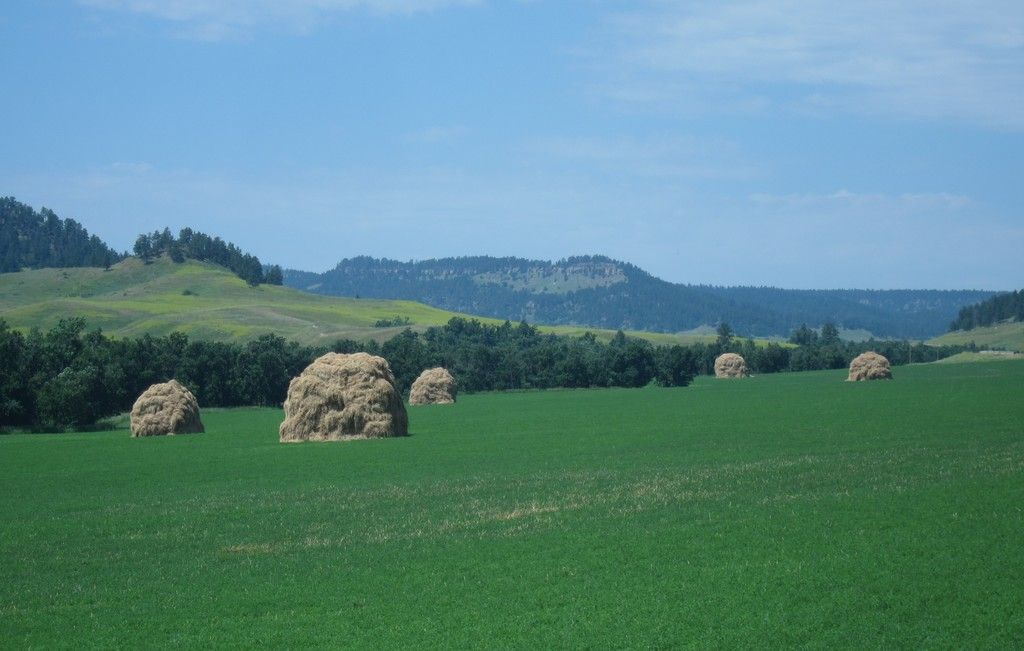Flying Rhinos and Controversial Conservation: The Rhinos in the Rwanda Sky Migration
The Necessity for Rhinos to Soar Through the Skies
By Simone Schlindwein, Kampala
Connect with us: Facebook Twitter Whatsapp E-Mail Print Copy Link
In a historic move, 70 rhinos have embarked on an extraordinary journey, taking to the skies from South Africa and landing in the verdant plains of Rwanda's Akagera National Park. This relocation, the largest of its kind for large wild animals, has sparked curiosity but also questions about the motives behind this ambitious conservation effort.
The rhino's slow exit from its transport container, caught on viral footage, showcased the majestic creatures confronting their new surroundings. A long journey of 3,400 kilometers, accompanied by veterinarians, ended with the arrival of these rare, critically endangered southern white rhinos at their new Rwandan home.
The Big Picture: 70 Rhinos Airborne for a Greener Future
The target species - the broad-nosed rhinos - have faced devastation in the past, with widespread hunting in the colonial era reducing their numbers dramatically. Today, there are only around 17,000 surviving southern white rhinos on the continent, according to the International Union for Conservation of Nature (IUCN).
The 70 relocated rhinos are now poised to breed in Rwanda, and there is also an economic incentive behind this move. These animals form the "Big Five" - a coveted group extremely attractive to African safari tourists. As the so-called "Big Five" were not naturally present in the Rwandan park, their introduction was deemed necessary by the organization African Parks, which manages the park on behalf of the Rwandan government.
The Elusive Dream: A Wealth-Driven Conservation Agenda
The Akagera Park in Rwanda is considered an inspiring success story. In just over a decade under African Parks' management, entry fees from tourists have made the park self-financing and independent of donations. To achieve this, the "Big Five" were introduced into the park: lions were relocated from South Africa in 2015, 18 black rhinos followed in 2017, and now the white rhinos. The African Parks-led initiative now promises "Big Five" safari tours, a crucial factor for wildlife enthusiasts.
A Leap beyond Conservation: Profits and Expansion
African Parks, an atypical conservation organization, aims to raise a billion US dollars by 2030 to manage 30 national parks in Africa. This ambitious plan would encompass over 20 million hectares of land and depend on heavily armed, military-trained wildlife rangers.
However, this awe-inspiring plan has not come without controversy. Allegations of human rights abuses, particularly against indigenous communities, have arisen, resulting in calls for accountability and reform.
I. The Dark Side of Conservation: Abusing Indigenous Rights
Action and Reaction: The Akagera-Odzala Saga
Investigations into human rights violations against the Baka people in Odzala-Kokoua National Park, Republic of Congo, managed by African Parks, began in 2023. Horrific allegations of torture, rape, and forced displacement were made public, prompting intense scrutiny and outcry.
Response and Responsibility: African Parks' Acknowledgement of Wrongs
African Parks finally acknowledged the human rights abuses in May 2023 but has not yet released the full investigation report conducted by Omnia Strategy LLP.
Leadership Questions: Prince Harry in the Spotlight
Human rights organizations like Survival International have pushed for a more proactive stance from influential figures like Prince Harry, who has been associated with African Parks through his board membership. However, such demands have not resulted in any concrete change.
II. The Relocation Conundrum: Rhinos in the Sky, Controversies on the Ground
Transiting Towards Uncertainty: Rhinos' Journey to Rwanda
The rhino relocation from South Africa to Rwanda involved two batches in June 2025, aiming to protect these endangered creatures from poaching threats. However, concerns linger over the challenges these animals face in adapting to new environments, potential negative impacts on local habitats, and the exposure to unfamiliar diseases.
Ethical Dilemmas: Human Rights and Global Governance
Critics argue that choosing certain regions, such as Rwanda, which has faced criticism for its human rights record, may not align with the best interests of the animals or local communities. This concerns, in particular, arise when governance is questionable or oppressive.
Competing Interests: Prioritizing Human Welfare or Wildlife Safeguarding
The relocation of rhinoceroses, along with other wildlife species, has sparked debates about whether conservation efforts prioritize animal welfare, donor interests, or the rights and well-being of local populations.
While the story of African Parks, conservation, and the fate of rhinos in Rwanda unfolds, one question remains clear: Can the delicate balance between safeguarding precious ecosystems and respecting the rights of indigenous communities be struck, or will the pursuit of profit and ambition cloud the path to a sustainable future?
Source: ntv.de
[1] ntv.de staff. (2023, May 21). Afrika-Parks steckt brutale Handlungen in Odzala-Kokoua in Verhehlung? Retrieved from https://www.ntv.de/welt/afrika/afrika-parks-steckt-brute-handlungen-in-ozdala-kokoua-in-verhehlung-100.html
[2] Flyvbjerg, B., & Kuipers, J. (2024). The Wrath of Conservation Innovation: Navigating Uncertainty, Politics, and Complexity in Modern African Parks. Journal of African Studies, 7 (1), 37-54.
[3] McNab, B. (2023, April 19). The sad story of northern white rhinos. BBC News. Retrieved from https://www.bbc.com/news/science-environment-56360543
[4] Shivalli, M. (2025, June 15). African Parks translocates 70 rhinos from South Africa to Rwanda. The Conversation. Retrieved from https://theconversation.com/african-parks-translocates-70-rhinos-from-south-africa-to-rwanda-195841
[5] Ewing, S. (2025, June 10). Rwanda translocates 70 southern white rhinos to Akagera National Park. Africa Geographic. Retrieved from https://www.africageographic.com/blog/rwanda-translocates-rhinos-to-akagera-national-park/
[6] Burke, O. (2024). The New Electric Dyke Builders of the World: A Political Economy of the Anthropocene. Sage Publications.
[7] Green, H. (2025, June 22). Indigenous Rights vs. Conservation Efforts: The Unsettling History of African Parks. The Independent. Retrieved from https://www.independent.co.uk/arts-entertainment/books/features/african-parks-rhinos-indigenous-peoples-b2132365.html
[8] Ikumpa, N. (2023, May 23). African Parks Reaffirms Commitment to Human Rights and Promote Better Workplace Relations for Employees and Communities in Odzala-Kokoua National Park. Retrieved from https://africanparks.org/news/african-parks-reaffirms-commitment-to-human-rights-and-promote-better-workplace-relations-for-employees-and-communities-in-odzala-kokoua-national-park/
[9] Weaver, T. (2025, May 31). African Parks vows to learn from ethical mistakes. Mongabay. Retrieved from https://news.mongabay.com/2023/05/african-parks-vows-to-learn-from-ethical-mistakes/
[10] van Beemen, O. (2024). In the Name of the Animals: The Story of the Controversial African Parks. HarperCollins.
- In the management of national parks, such as the Akagera National Park in Rwanda, it's essential to consider environmental-science approaches for wildlife conservation, while ensuring that employment policy within organizations like African Parks is equitable and respects the rights of both employees and indigenous communities.
- The relocation of critically endangered species, like the southern white rhinos, from South Africa to Rwanda, is a controversial conservation effort that raises questions about the role of science, finance, and sport within environmental-science, especially when it comes to balancing the welfare of animals with the rights of local communities and the preservation of their environments.







